Optimal Timing for Waterproofing Projects
Proper timing for waterproofing projects is essential to ensure maximum effectiveness and durability. The optimal period depends on weather conditions, climate, and specific project requirements. Generally, dry, mild weather periods are ideal for applying waterproofing solutions to prevent issues such as moisture entrapment or poor adhesion.
In regions with distinct seasons, late spring and early fall often provide the best conditions for waterproofing. These times typically feature lower humidity, moderate temperatures, and minimal rainfall, reducing the risk of application failure. Proper timing can extend the lifespan of waterproofing systems and prevent costly repairs.
Applying waterproofing during dry seasons ensures proper curing and adhesion. Avoid periods of heavy rain, snow, or extreme heat for optimal results.
Most waterproofing products perform best within specific temperature ranges, typically between 50°F and 85°F. Extreme temperatures can compromise the application process.
Timing waterproofing before construction begins allows for better integration with building processes and reduces disruption.
Post-construction waterproofing is ideal after the structure is complete and weather conditions are suitable, ensuring long-term protection.
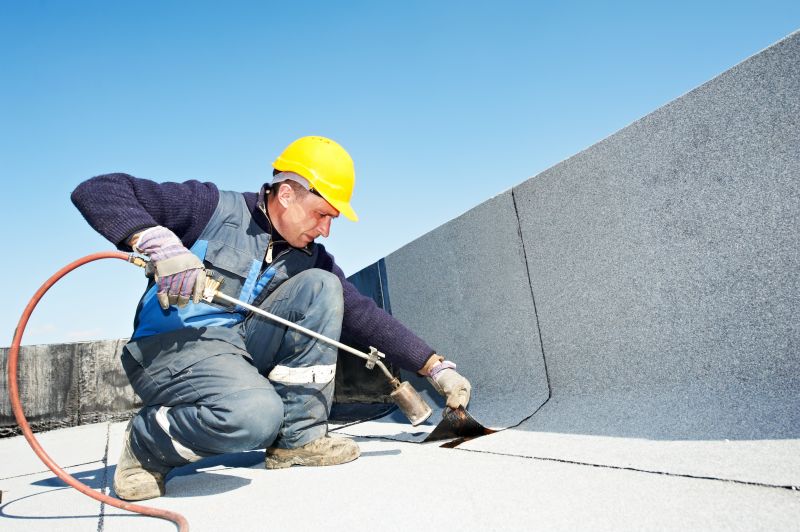
Ways to make Waterproofings work in tight or awkward layouts.
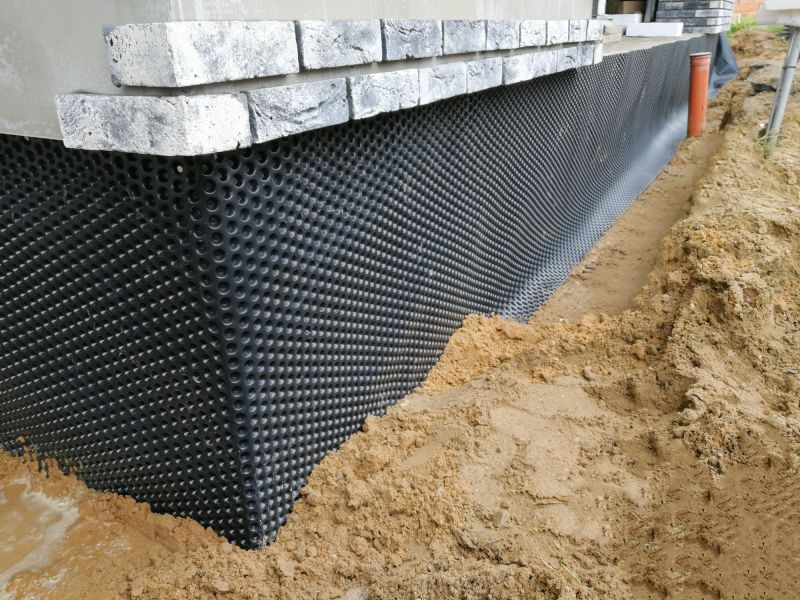
Popular materials for Waterproofings and why they hold up over time.
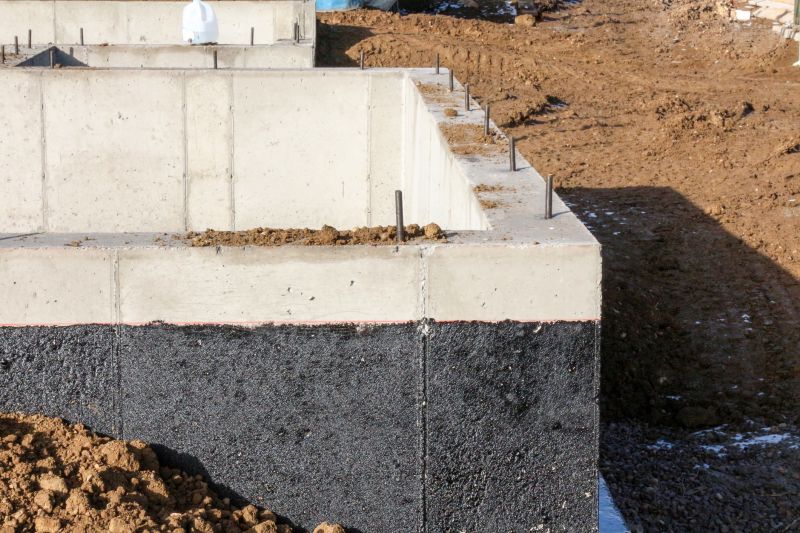
Simple add-ons that improve Waterproofings without blowing the budget.
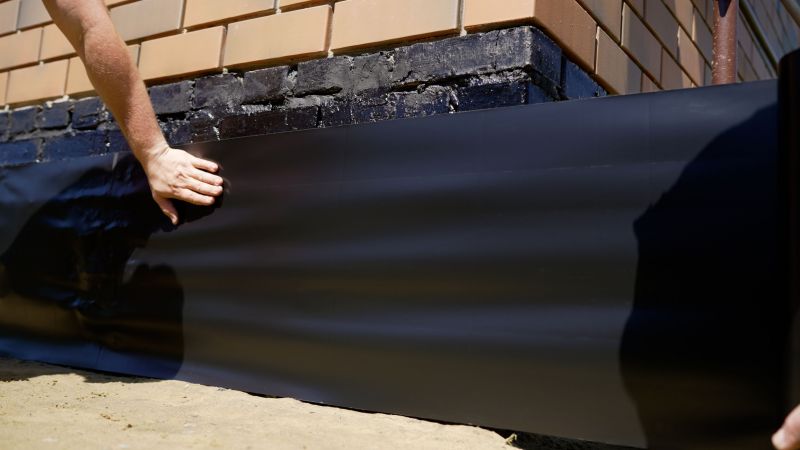
High-end options that actually feel worth it for Waterproofings.
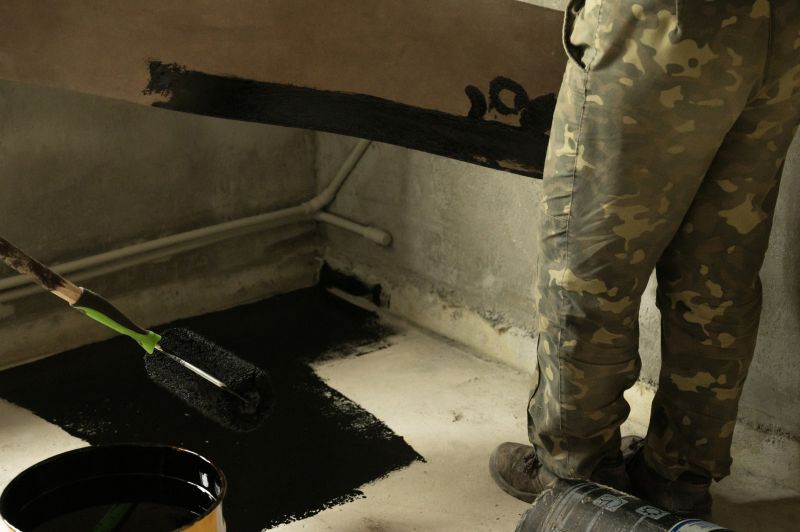
Finishes and colors that play nicely with Waterproofings.

Little measurements that prevent headaches on Waterproofings day.
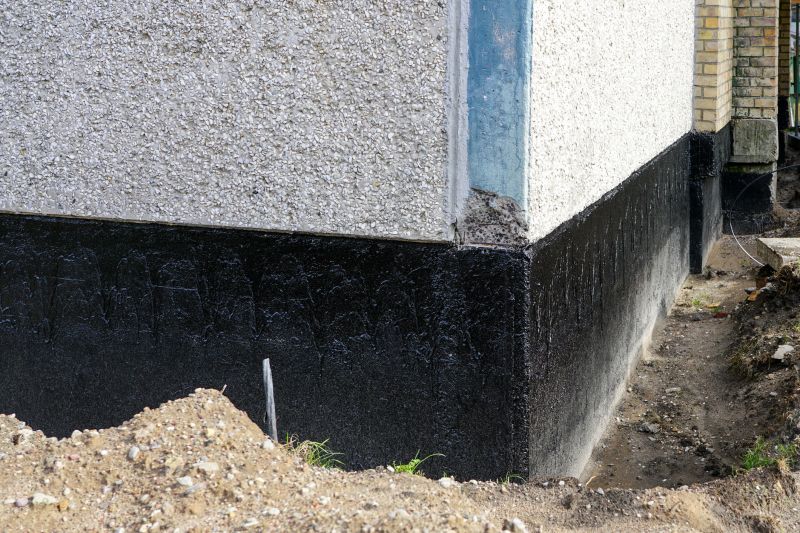
A 60-second routine that keeps Waterproofings looking new.

A frequent mistake in Waterproofings and how to dodge it.
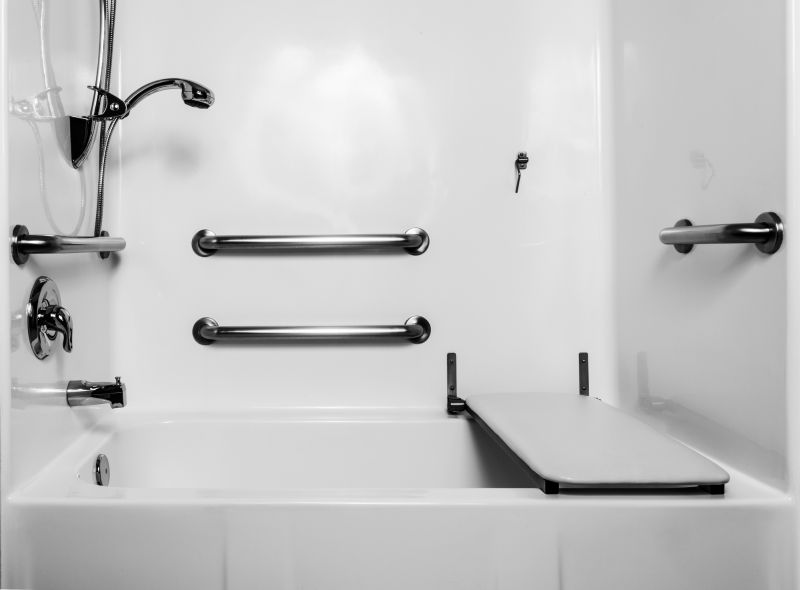
Small tweaks to make Waterproofings safer and easier to use.
| Aspect | Ideal Conditions |
|---|---|
| Temperature | Between 50°F and 85°F |
| Humidity | Low to moderate humidity levels |
| Precipitation | No rain during application and curing |
| Season | Late spring or early fall |
| Time of Day | Mid-morning or late afternoon |
| Wind | Low wind conditions |
| Surface Dryness | Surface must be dry before application |
| Previous Weather | Avoid applying after heavy rain or snow |
Waterproofings are vital for protecting structures from moisture intrusion, which can lead to damage, mold growth, and reduced structural integrity. Proper application timing, combined with suitable weather conditions, enhances the longevity and performance of waterproofing systems. Statistics indicate that correctly timed waterproofing can extend the lifespan of building envelopes by several years, reducing maintenance costs and improving building durability.
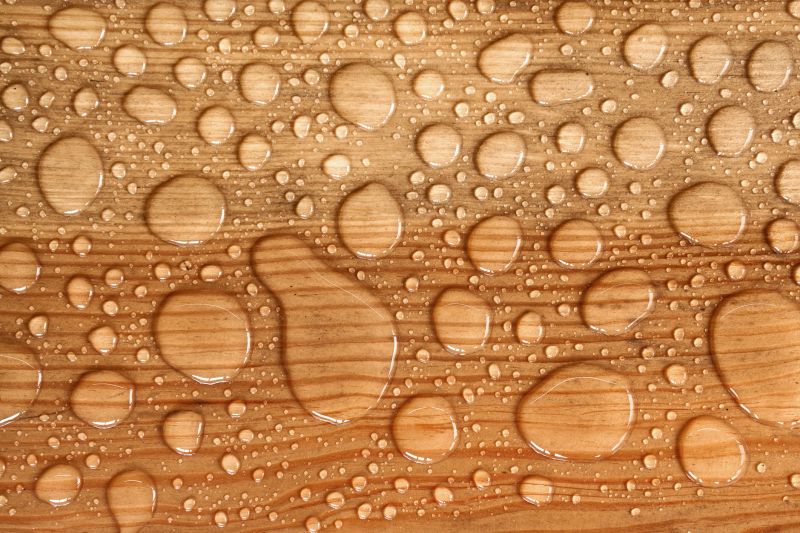
Lower-waste or water-saving choices for Waterproofings.
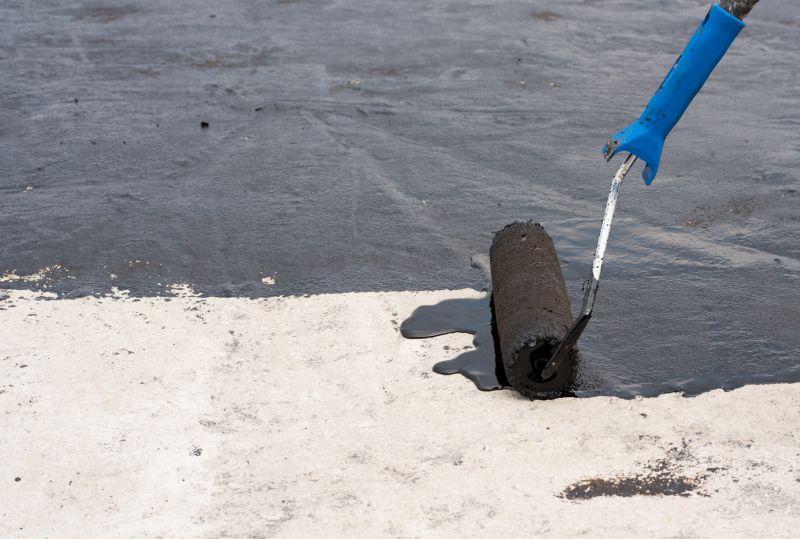
The short, realistic tool list for quality Waterproofings.
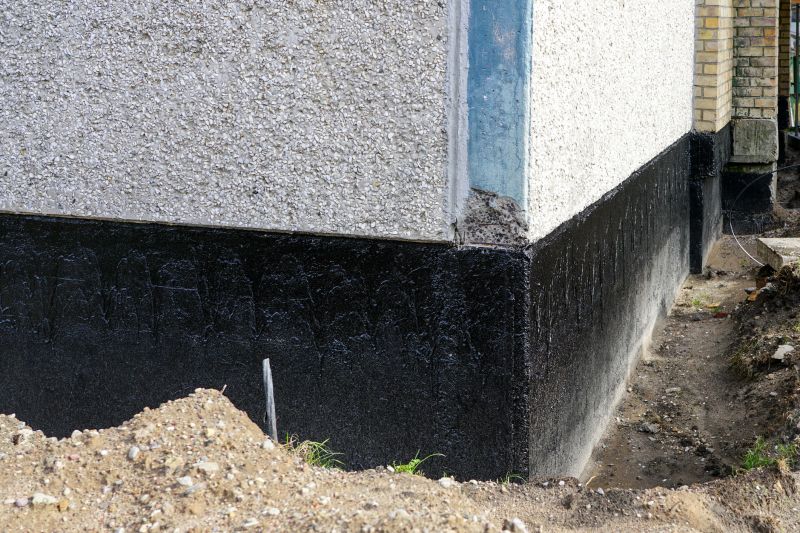
Rough timing from prep to clean-up for Waterproofings.

Quick checks and paperwork to keep after Waterproofings.
Individuals interested in waterproofing services are encouraged to contact for further information. Proper timing and application techniques are essential for ensuring lasting protection against moisture-related issues.


